How To Deal With Rejection And Overcome The Pain
Rejection often hits below the belt, but these tips can help you get right back up.

Image: Shutterstock
Rejection might come in different forms, so it is important to know how to deal with rejection. For instance, you might get rejected from your dream job or university. Even a lovey-dovey interest may reject your proposal and feelings. However, the common thing in these rejections is the excruciating pain. This pain and hurt may distract you from your life goals and call forth unhealthy ways.
If not dealt with properly, the sorrow of rejection may lead to depression. So, learning how to handle and deal the rejection in a healthy way is essential. Keep scrolling to know more!
In This Article
Why Does Being Rejected Hurt So Much?
When you get rejected, you go through a lot of pain. This pain has an evolutionary reason behind it. Thanks to evolution, our brain takes rejection as serious as physical pain – and our ancestors are to blame for this.
As we all know, our ancestors belonged to the hunter-gatherer community where social acceptance was crucial for a person’s survival. In such a time, getting rejected by one’s community was considered a real threat to their very life.
This warning sign of getting rejected was picked up by our brains. It helped our ancestors in identifying and changing the behavior that drove people to reject us. With a million years of evolution, this fear and pain of rejection are still instilled in our brains. That’s the reason we feel so much pain when we face rejection.
 Did You Know?
Did You Know?But no matter how painful the rejection, you can handle it better by following certain tips. Read on.
How To Handle Rejection
1. Accepting Rejection
It can be really difficult to accept rejection. You might feel like all your hopes have been shattered. The rejection hurts a lot. It may take you through a roller coaster of emotions. You might also feel that avoiding or denying these feelings may help you get over your rejection. However, the best way to overcome this pain is accepting it and allowing yourself to feel what you are feeling. This process will also help you move on.
2. Practice Self-Care
When we face rejection, our first response is always to shut down and bottle up our emotions. Apart from feeling hurt, we might feel angry too. We often let these emotions out by screaming or hitting something or by hurting ourselves. Though these actions may make us feel relaxed for the moment, they won’t help us overcome the actual pain.
You can instead focus on letting out your emotions in a healthy way, by exercising or meditating. These activities will also give you ample time to think about your situation clearly. Additionally, you may take long baths, dance, cook, or listen to music to practice self-care.
3. Practice Self-Affirmations
It is common to ponder and think about all your negative qualities when you are rejected. However, focusing your thoughts on your negative aspects will not help you overcome the pain.
 Quick Tip
Quick TipYou can instead focus on your positive behaviors and habits. Note them down and read them over and over again every day. Do this especially when you are feeling low and start doubting yourself.
4. Spend Time With People Who Matter
Rejection is hard, especially if it is in a romantic relationship. Such rejection may also develop doubt in your mind about your abilities and qualities. These rejections may also make you feel like someone who is hard to love.
However, you have to remember that rejection from one person doesn’t decide if you are lovable or not. Spend time with your family and friends who respect and love you no matter what and who truly care about you.
5. Be Kind To Yourself
What most of us do after facing rejection is focus on our negative aspects. We tend to have negative and unkind conversations with ourselves. This is when it is important to stay kind to ourselves and avoid the emotional damage we may cause to ourselves. We have to remember that although the rejection was not in our hands, being kind and compassionate to ourselves is.
6. Examine The Reason Behind Your Rejection
Sometimes, we wallow in the rejection so much that we forget to examine what had caused it. Examining why you got rejected can prove beneficial. Getting an idea of why you were rejected can give you enough room to improve yourself.
7. Focus On The Future
Once you get rejected, there’s nothing you can do to change it. The pain of rejection should never stop you from thinking and working towards your future plans. You should keep reminding yourself that every successful person on the planet had faced some form of rejection.
Ishita shares in her blog why being rejected isn’t all that bad. She writes, “I strongly believe that life is too short to dwell on rejection. Time is very precious. We need to understand that rejection does not make an individual loser. It makes him or her smarter and wiser (i).”
Following these tips can help you overcome the pain of rejection. That said, you also must refrain from doing certain things.
What Not To Do After Rejection
1. Do Not Be In Denial
Don’t go into denial. Understand that it’s okay to get rejected. Remember, rejection may not necessarily indicate your worth, but may be a reflection of someone else’s wants, needs, and expectations from life. Everyone has a right to decline and it’s important to respect their choice, understand that, and move on.
2. Do Not Engage In Bargaining
It’s important to understand that bargaining won’t help you overcome a challenge or win over a person. Remember, no one owes you any explanation whatsoever and one has to make peace with that. It may give a sense of false hope, which will end up hurting you further. Therefore, focus on accepting and processing the emotions and moving forward.
3. Talk To Yourself In A Negative Way
When you talk to yourself after facing rejection, the conversation will always turn negative and focus on your bad qualities. However, you have to remember to stop these negative thoughts and conversations. Instead, ask yourself if what you are feeling is logical or justified. Chances are, the rational part of your brain will help you stop your negative thoughts.
4. Do Not Get Obsessed
If it is a romantic rejection, it is very easy for many to get obsessed with the person who rejected you. However, this behavior will just show how poor emotional boundaries you maintain in your life. So, avoid getting too obsessed with anyone who rejects you. Instead, respect their decision and remove yourself from their life (and them from your life).
5. Don’t Be Rude
The anger we experience when we get rejected may make us commit or say horrible things to the person rejecting us. However, never let yourself get lost in the moment and insult the other person. Instead, accept the rejection and learn from it.
Being rejected by someone you have strong feelings for can be heartbreaking. However, it does not mean that it is the end of the road for you. On the contrary, it is always better to move on from the rejection with your head held high and explore other things in your life. The best way to do so is to accept the rejection, devote time to self-care, and spend time with people who love you. Also, you should avoid talking down to yourself or being rude to the other person.
Frequently Asked Questions
What are the 5 stages of rejection?
Denial, anger, negotiation, depression, and acceptance are the five stages of rejection.
Can you get PTSD from rejection?
Yes, high rejection sensitivity and high vulnerable attachment were found to be important factors in posttraumatic stress disorder (2).
Key Takeaways
- Accept rejection and let yourself feel what you are feeling. Acceptance will help reduce the pain.
- Move on, practice self-care, and plan for a better future.
- One of the ways of coping with rejection is to have a certain level of independence. If you depend too much on people’s opinion to validate your self-worth, you might get disappointed or, rather, rejected.
Facing rejection is tough, but it doesn’t have to be defeating. Watch this empowering video to discover effective coping strategies, resilience-building techniques, and inspiring stories that empower you to embrace rejection as a stepping stone toward personal growth and success.
Personal Experience: Source
StyleCraze's articles are interwoven with authentic personal narratives that provide depth and resonance to our content. Below are the sources of the personal accounts referenced in this article.
(i) My Ways of Handling Rejections in Lifehttps://medium.com/@ishitachakravarty14/my-ways-of-handling-rejections-in-life-67e5cd343ebe
References
Articles on StyleCraze are backed by verified information from peer-reviewed and academic research papers, reputed organizations, research institutions, and medical associations to ensure accuracy and relevance. Read our editorial policy to learn more.
- The social pain of Cyberball: Decreased pupillary reactivity to exclusion cues
https://www.sciencedirect.com/science/article/abs/pii/S0022103116301020 - Rejection sensitivity and vulnerable attachment: associations with social support and PTSD symptoms in trauma survivors – PMC
https://www.ncbi.nlm.nih.gov/pmc/articles/PMC8803066/#:~:text=Higher%20vulnerable%20attachment%2C%20rejection%20sensitivity
Read full bio of Joseph Moore
Read full bio of Shivani Chandel
Read full bio of Shatabdi Bhattacharya
Read full bio of Sneha Tete









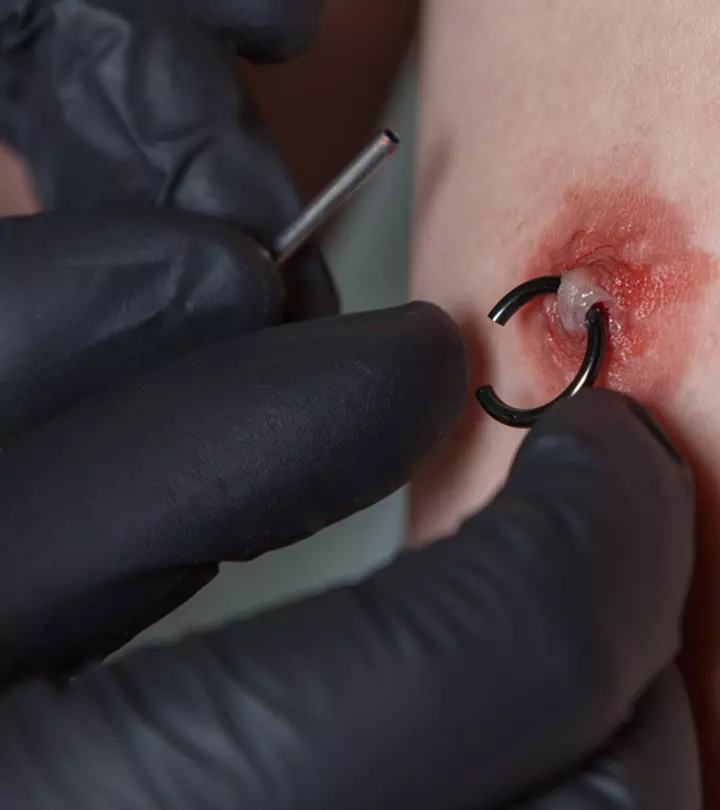
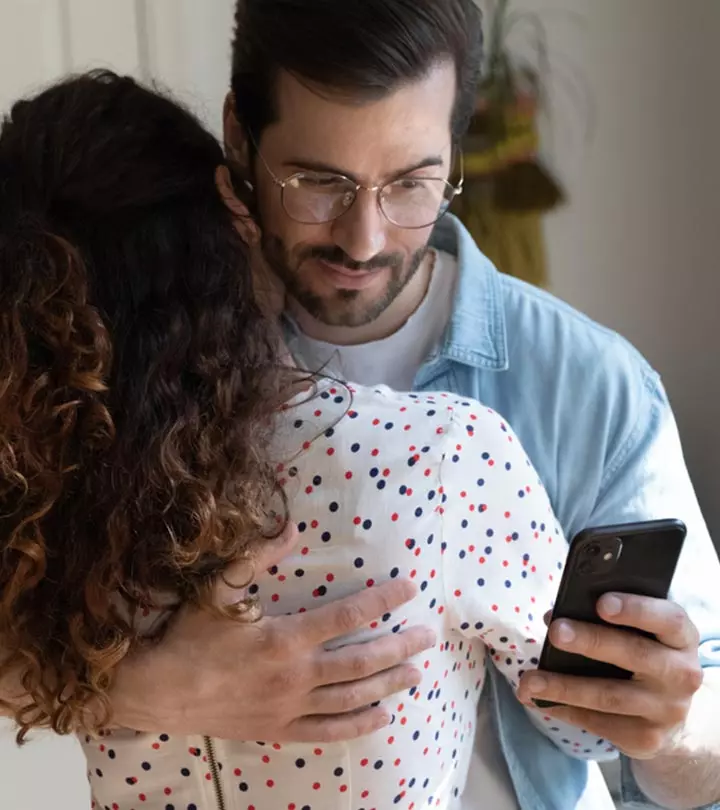


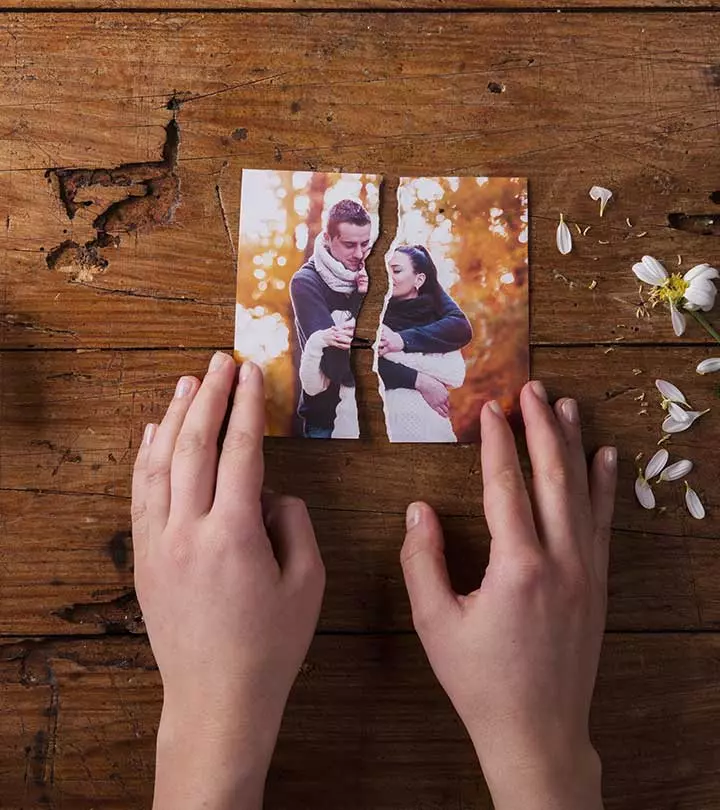


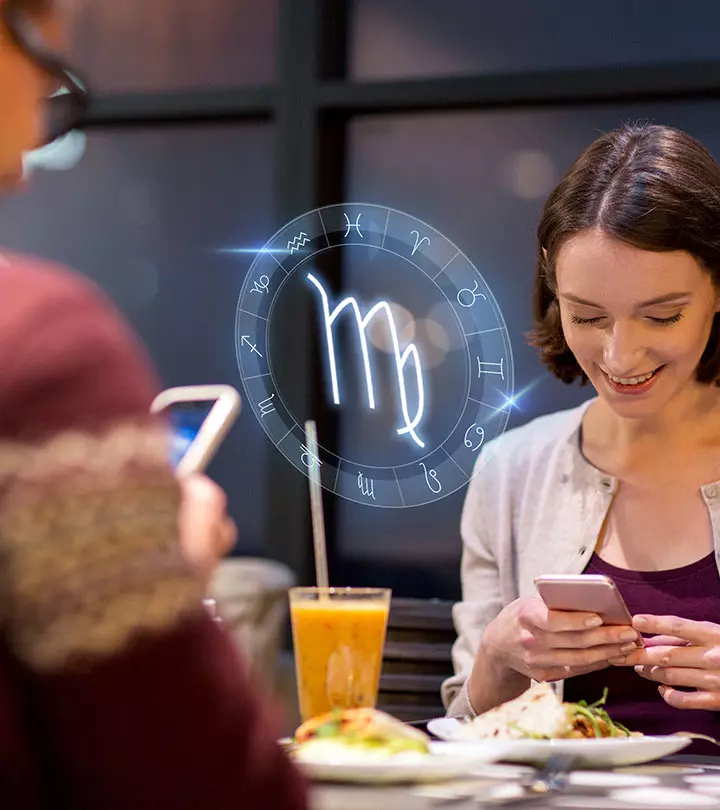










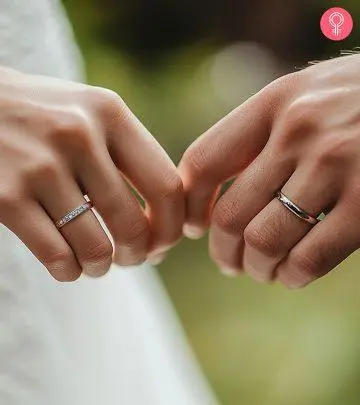
Community Experiences
Join the conversation and become a part of our empowering community! Share your stories, experiences, and insights to connect with other beauty, lifestyle, and health enthusiasts.